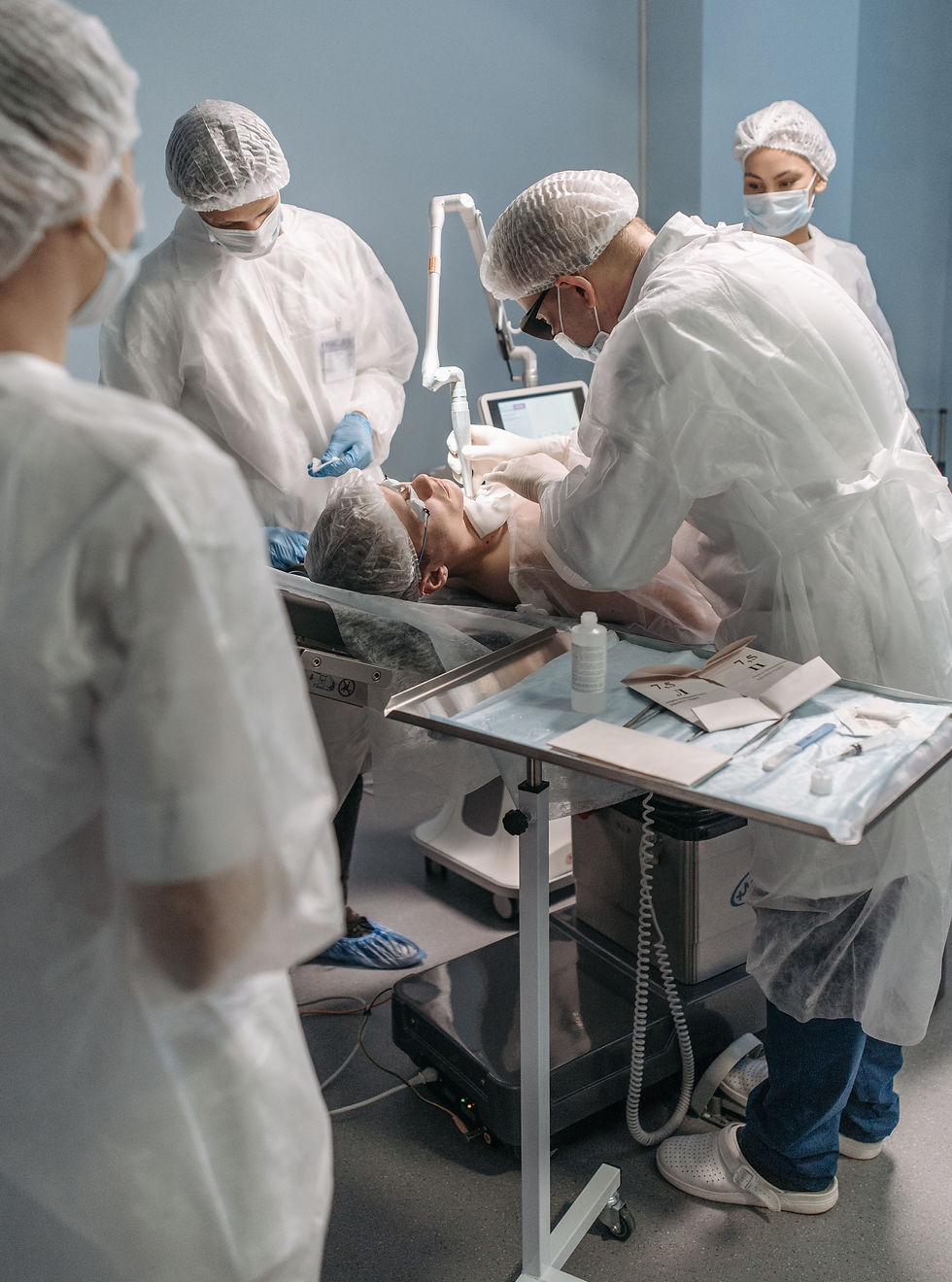How does a medical technologist become a surgeon?
- naomijackson1712
- Aug 21, 2023
- 2 min read

Becoming a surgeon is a rewarding and challenging journey that requires dedication, education, and specialized training. For a medical technologist aspiring to transition into the field of surgery, a strategic approach is essential. While the two fields share a foundation in healthcare, the path from medical technology to surgery involves distinct steps to ensure a seamless transition.
To embark on this career transformation, a medical technologist should first seek guidance from reputable sources within the medical community. Engaging with a medical affairs professional society can provide valuable insights and networking opportunities. These societies often offer resources, workshops, and events that can help individuals understand the requirements and expectations of a surgical career.
The key to transitioning into surgery lies in obtaining the necessary education and training. A medical technologist should begin by pursuing a medical degree from an accredited institution. This educational step is crucial as it equips individuals with the fundamental medical knowledge required for a surgical career. During medical school, aspiring surgeons delve into anatomy, physiology, pharmacology, and other core subjects.
Upon completing medical school, the next step is to pursue a residency program in surgery. This phase of training provides hands-on experience and in-depth exposure to various surgical specialties. Prospective surgeons can choose from a range of specialties such as general surgery, orthopedic surgery, neurosurgery, and more. During the residency, individuals work under the guidance of experienced surgeons, refining their skills, and gaining practical insights.
Networking remains vital throughout this journey. Engaging with mentors, peers, and medical professionals can offer guidance, advice, and potential opportunities. Medical affairs professional societies often provide platforms for networking and mentorship, which can aid in connecting with seasoned surgeons and learning from their experiences.
It's important to note that the transition from medical technology to surgery requires perseverance and adaptation. While the skills gained as a medical technologist can be beneficial in terms of a broader understanding of medical processes, surgery demands a distinct skill set involving precision, decision-making under pressure, and strong communication with patients and colleagues.
In conclusion, the path from being a medical technologist to becoming a surgeon is achievable through a deliberate and strategic approach. Engaging with a medical affairs professional society can provide guidance and connections, while pursuing a medical degree and subsequently completing a surgical residency are essential steps in acquiring the necessary knowledge and skills. Networking and mentorship play significant roles in successfully navigating this transition. As with any career change, dedication and commitment are key to realizing the goal of becoming a skilled and accomplished surgeon.
To know more visit: https://medicalaffairs.org/



Comments